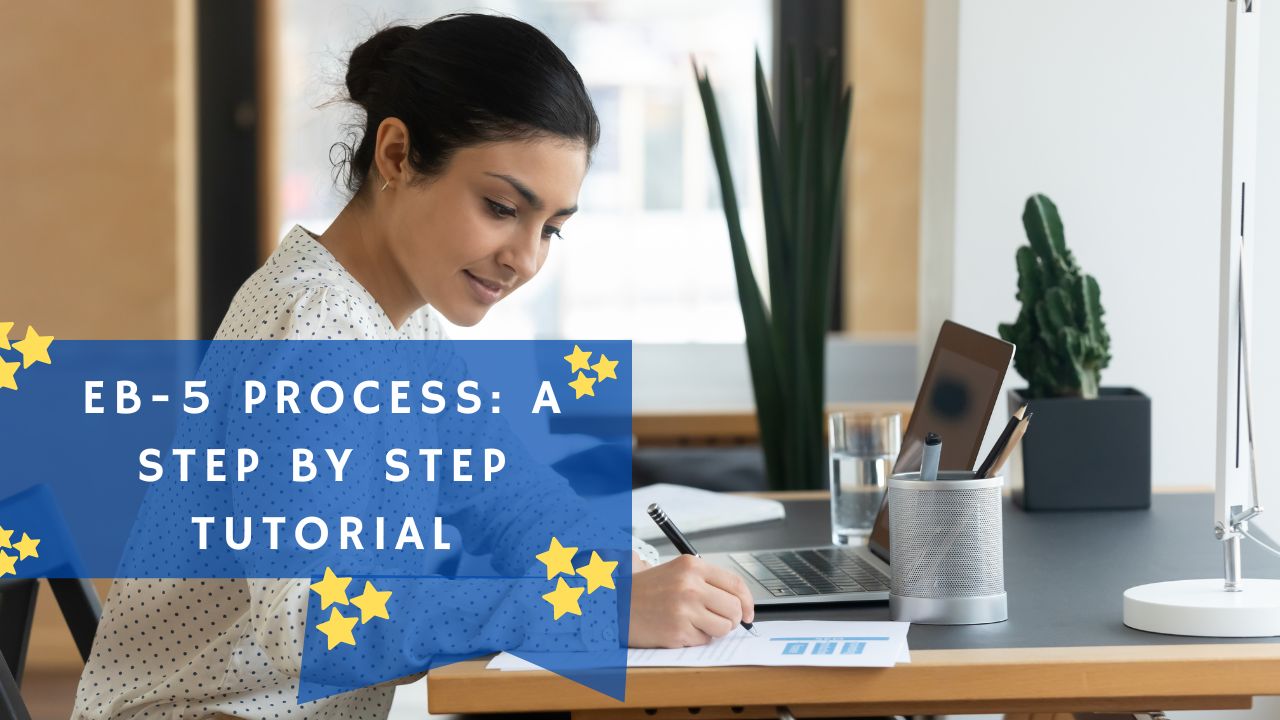Podcast on Adjustment of Status/I-485
Unpack the role of business plans in EB-5 petitions and how they must demonstrate viability and job creation.


I had recently done a couple of podcasts with two of the Top EB-5 attorneys in the Industry, Matt Galati & Michael Harris. Both of them have decades of experience in immigration and are particularly well versed in EB-5 as they have handled thousands of EB-5 Investors filings and have extensive knowledge about the Industry and the workings of the USCIS. Today, we sit down with them to understand the process of actually getting the green card.There are two paths you can take once you get your I-526 approval. You can either do consular processing or you can do an Adjustment of Status. The adjustment of status is only available if you are already in the US. Today we will focus on Adjustment of Status also known as filing the I-485. Please listen to the podcast below to listen to the entire segment. I have posted some important snippets from the conversation below if you are short on time.https://soundcloud.com/user-549754910/eb-5-adjustment-of-status-podcast?utm_source=clipboard&utm_campaign=wtshare&utm_medium=widget&utm_content=https%253A%252F%252Fsoundcloud.com%252Fuser-549754910%252Feb-5-adjustment-of-status-podcast
Who Can Do Adjustment of Status?
Anyone who is in the US on a legal basis on a valid Visa, for eg., H1B, L1, F1, etc. The attorneys state that it is important to ensure that you were not out of status for even 1 day during your stay in the United States. As such EB-5 adjustment of status is more stringent than the EB-1 through Eb-4 AOS process. With respect to B1/B2 status, the attorneys “don’t recommend it if you’re flying into the country as a tourist and then trying to seek adjustment of status. Now if you’re in the US as a tourist, you’ve been here for several months and you happen to get your approval while you’re here, that might present a different scenario where then you could avail yourself of the process of adjustment of status”.
Can I apply for an EAD/AP even if my country is retrogressed?
Yes and No. The determination is based on the Visa Bulletin which is published by Department of State (DOS) every month. USCIS uses the Chart A & Chart B dates published by DOS to determine the date of filing for Adjustment of Status. So even though a country is backlogged, USCIS has allowed investors to file their AOS based on the Date of filing as per Chart B. When applying for the AOS, investors can also file for the EAD/AP Combo card, which allows them to work for any employer in the US and travel inside and outside the US. the EAD card is normally mailed to the investor within 6 months of applying for AOS. So, as long as I-526 PD is within the more lenient Chart B date, yes you can file your AOS paperwork and get the EAD/AP card even though your country is still backlogged and your PD is not current.
Explore our blog for the latest updates, expert advice, and success stories about the EB-5 program.

EB-5 expires in 2027, but your safety net ends sooner. Discover why filing by Sept 30, 2026 is the only way to lock in your petition against future uncertainty

Thinking about EB-5? Discover how H-1B visa holders can vet and trust the right EB-5 investment advisor while protecting their hard-earned savings.

A step-by-step guide to the EB-5 investor visa process, from choosing a project to receiving your green card.

Explore the EB-5 annual visa cap and how unused visas roll over and affect future applicant wait times.

Learn what makes a project "shovel-ready" and why readiness matters for EB-5 investor timelines and risk.

Insights into the EB-5 project lifecycle, from pre-approval planning to I-829 petition and return of capital.

